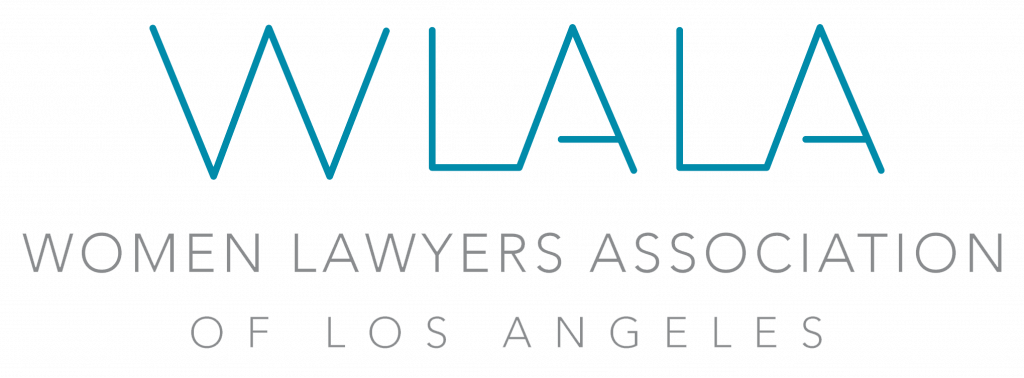President's Message - May 2023
Janet Hong Discusses APPI Month
Janet Hong
WLALA President 2022-2023


Growing up in one of the only Korean families in Culver City in the early 80s, church was where my siblings and I found culture: Korean language class, Taekwondo, art class, and yes, fan dancing. This future Division I basketball player delighted in glitter sprinkling over her outfit every time she thrust open her fan on beat. But my parents’ tireless efforts to teach us Korean tradition was coupled with a deep fear of discrimination. I remember reciting the news on KNX 1070 every morning on the way to school. We might look like we just came here, but damn, our English was impeccable.
Despite the dominant narrative that that AAPIs are thriving, Southeast Asian Americans (SEAA) still struggle with socioeconomic insecurity. All SEAA ethnic groups have lower per capita incomes than average; one of every four Hmong Americans live in poverty. Despite the contributions from the AAPI community to this country, AAPIs still face otherness, xenophobia, racialized misogyny and gender stereotyping, and violence. What helps me deal with microaggressions is knowing my history, learning the various stories of AAPI resilience, and building coalitions of solidarity with other non-AAPI communities. This practice is something I hope future generations learn to lean on as a foundation from which to tackle these issues.
In honor of Asian Pacific American Heritage Month, I researched some online content for a refresher on AAPI history. Below are some excellent resources from PBS:
Why Do We Say “Asian American” Not “Oriental”? (7 min) The word Oriental is hundreds of years old, so why do Americans no longer use it? And how did the word “Asian American” take its place?
Queen Lili’uokalani – The First and Last Queen of Hawai’i (12 min) Queen Lili‘uokalani (1838-1917) was the first sovereign queen, and the last monarch of Hawai‘i, who assumed the throne in the midst of a government coup by American business owners supported by the U.S. military. After being deposed and placed under house arrest, she fought to preserve native Hawaiian rights and traditions.
Free Chol Soo Lee (1 hr, 30 min) Sentenced to life for a 1973 San Francisco murder, Korean immigrant Chol Soo Lee was set free after a pan-Asian solidarity movement — which included Korean, Japanese, and Chinese Americans — helped overturn his conviction. After 10 years of fighting for his life inside California state prisons, Lee found himself in a new fight to meet the high expectations of the people who believed in him.
WLALA is co-sponsoring AAPI Unity night at Loyola Law School on May 17, 2023, at 6:00 p.m., a collaboration between APABA, APAWLA, and the Loyola Immigrant Justice Clinic. I hope you will join us for this panel and reception to discuss the future of DACA and its impact on AAPI communities, in the spirit of Access to Justice!
Janet Hong
President, Women Lawyers Association of Los Angeles


